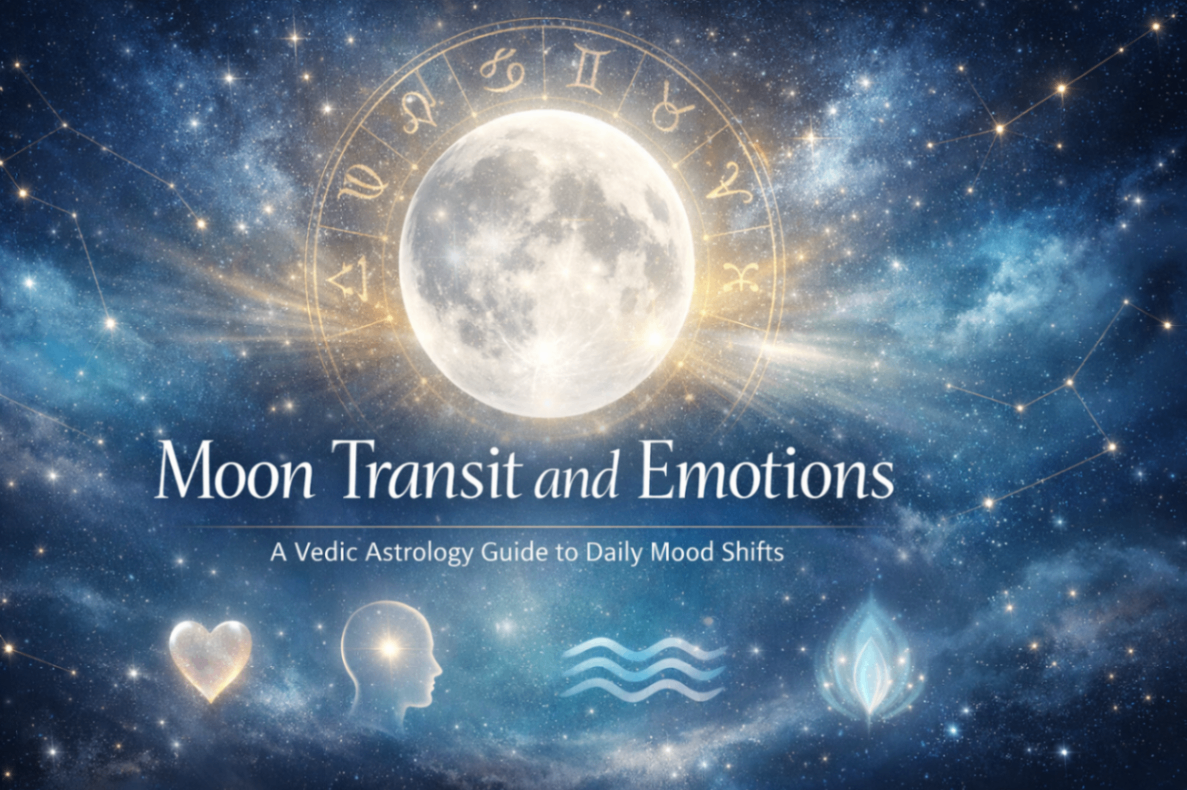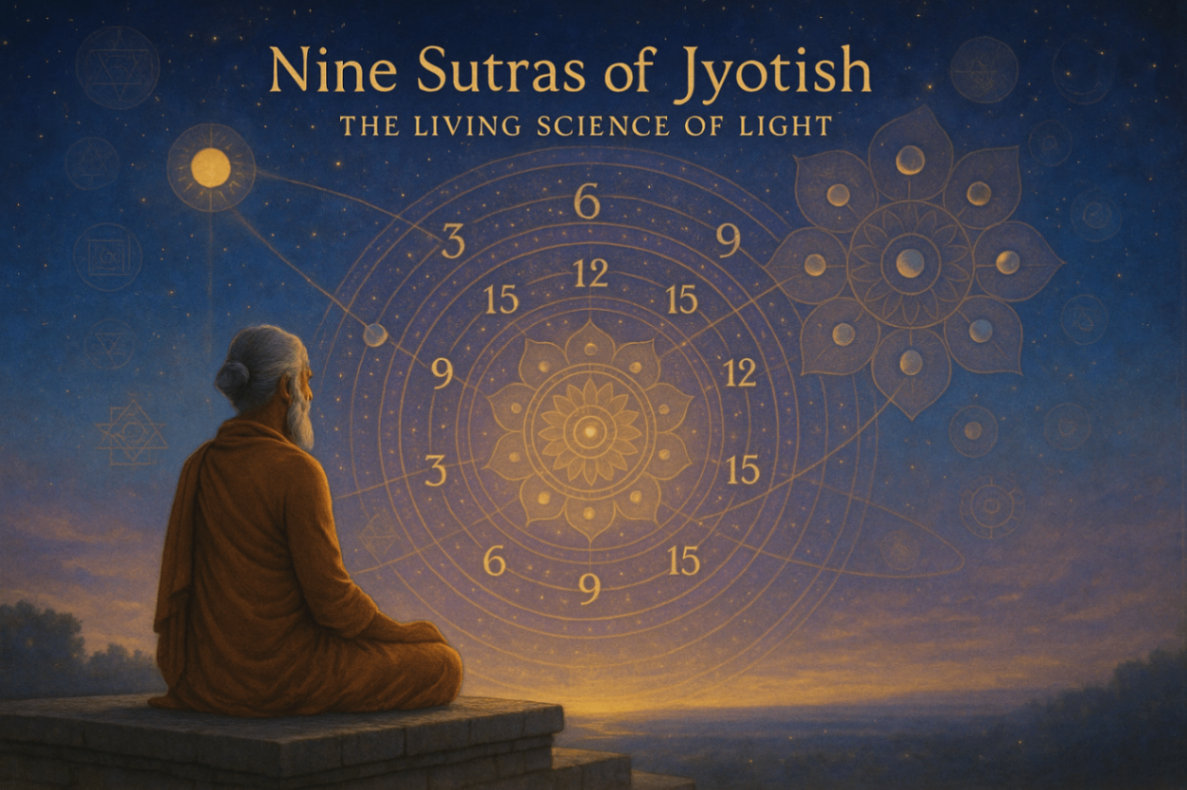Introduction to Vedic Astrology
Vedic Astrology, also known as Jyotish, is an ancient Indian science that interprets the positions and movements of celestial bodies to predict and influence human destiny. This knowledge has been passed down through generations and remains relevant today. Understanding Vedic Astrology involves delving into various rules and principles that govern the astrological charts and predictions.
Planets in Vedic Astrology
In Vedic Astrology, nine planets are considered, including two shadow planets, Rahu and Ketu. These planets are:
Sun (Surya)
Moon (Chandra)
Mars (Mangal)
Mercury (Budh)
Jupiter (Guru)
Venus (Shukra)
Saturn (Shani)
Rahu (North Node of the Moon)
Ketu (South Node of the Moon)
Each planet represents different aspects of life and influences various traits and events. For instance, the Sun represents the soul, vitality, and authority, while the Moon signifies emotions, mind, and motherly love.
Houses in Vedic Astrology
The astrological chart is divided into twelve houses, and each house represents specific areas of life. The houses are:
First House (Lagna or Ascendant): Self, physical body, personality
Second House: Wealth, family, speech
Third House: Siblings, communication, courage
Fourth House: Home, mother, comfort
Fifth House: Children, creativity, education
Sixth House: Health, enemies, service
Seventh House: Marriage, partnerships, spouse
Eighth House: Longevity, transformation, occult
Ninth House: Fortune, religion, philosophy
Tenth House: Career, profession, public life
Eleventh House: Gains, aspirations, social network
Twelfth House: Losses, expenses, spirituality
The position and aspects of planets in these houses influence an individuals life events and characteristics.
Rashis (Zodiac Signs) in Vedic Astrology
There are twelve zodiac signs, known as Rashis, each representing different traits and characteristics. These signs are:
Aries (Mesha)
Taurus (Vrishabha)
Gemini (Mithuna)
Cancer (Karka)
Leo (Simha)
Virgo (Kanya)
Libra (Tula)
Scorpio (Vrishchika)
Sagittarius (Dhanu)
Capricorn (Makara)
Aquarius (Kumbha)
Pisces (Meena)
Each sign is ruled by a planet and has its own set of characteristics and influences on an individuals life.
Nakshatras (Lunar Mansions)
The zodiac is further divided into 27 Nakshatras or lunar mansions, each spanning 13°20. These Nakshatras are crucial in Vedic Astrology as they provide deeper insights into an individuals personality and destiny. Each Nakshatra is associated with a specific deity and has unique attributes.
Dashas (Planetary Periods)
Dashas are the planetary periods that significantly influence an individuals life. The most commonly used Dasha system is the Vimshottari Dasha, which assigns a specific period to each planet, totaling 120 years. The sequence and duration of these periods are:
Sun: 6 years
Moon: 10 years
Mars: 7 years
Rahu: 18 years
Jupiter: 16 years
Saturn: 19 years
Mercury: 17 years
Ketu: 7 years
Venus: 20 years
Each Dasha has sub-periods called Bhuktis, which further refine the predictions and influences on an individuals life.
Yogas in Vedic Astrology
Yogas are specific planetary combinations that produce significant results in an individuals life. Some common Yogas include:
Gaja Kesari Yoga: Formed by the Moon and Jupiter, indicating wealth, fame, and wisdom.
Raja Yoga: Formed by the association of the Lords of the Kendra (1st, 4th, 7th, 10th houses) and the Trikona (1st, 5th, 9th houses), signifying prosperity and success.
Kemadruma Yoga: Formed when the Moon is devoid of any planets on either side, indicating challenges and hardships.
There are numerous Yogas, each with its own set of rules and interpretations, influencing various aspects of life.
The Importance of Lagna (Ascendant)
The Lagna or Ascendant is the most crucial element in Vedic Astrology. It represents the starting point of the astrological chart and influences an individuals physical body, appearance, and overall personality. The Lagna Lord, the planet ruling the Ascendant, has a significant impact on the persons life.
Transits (Gochara) in Vedic Astrology
Transits refer to the current movement of planets through the zodiac and their influence on the natal chart. These transits can trigger events and changes in an individuals life. Key transits include the movement of Saturn (Shani), Jupiter (Guru), and Rahu-Ketu, as they have long-lasting effects.
Remedies in Vedic Astrology
Vedic Astrology offers various remedies to mitigate the adverse effects of planets and enhance positive influences. Common remedies include:
Mantras: Reciting specific Vedic hymns to appease planets.
Yantras: Sacred geometric designs to attract beneficial energies.
Gemstones: Wearing gemstones associated with specific planets.
Charity: Donating to specific causes on particular days.
Fasting: Observing fasts on days ruled by malefic planets.
These remedies are prescribed based on the individuals natal chart and the nature of the planetary influences.
Conclusion
Vedic Astrology is a profound and intricate science that offers insights into various aspects of life. By understanding the principles and rules of Vedic Astrology, individuals can navigate their lives more effectively and make informed decisions. Whether its analyzing the natal chart, understanding planetary periods, or implementing remedies, Vedic Astrology provides a comprehensive guide to understanding and influencing ones destiny.
```






































